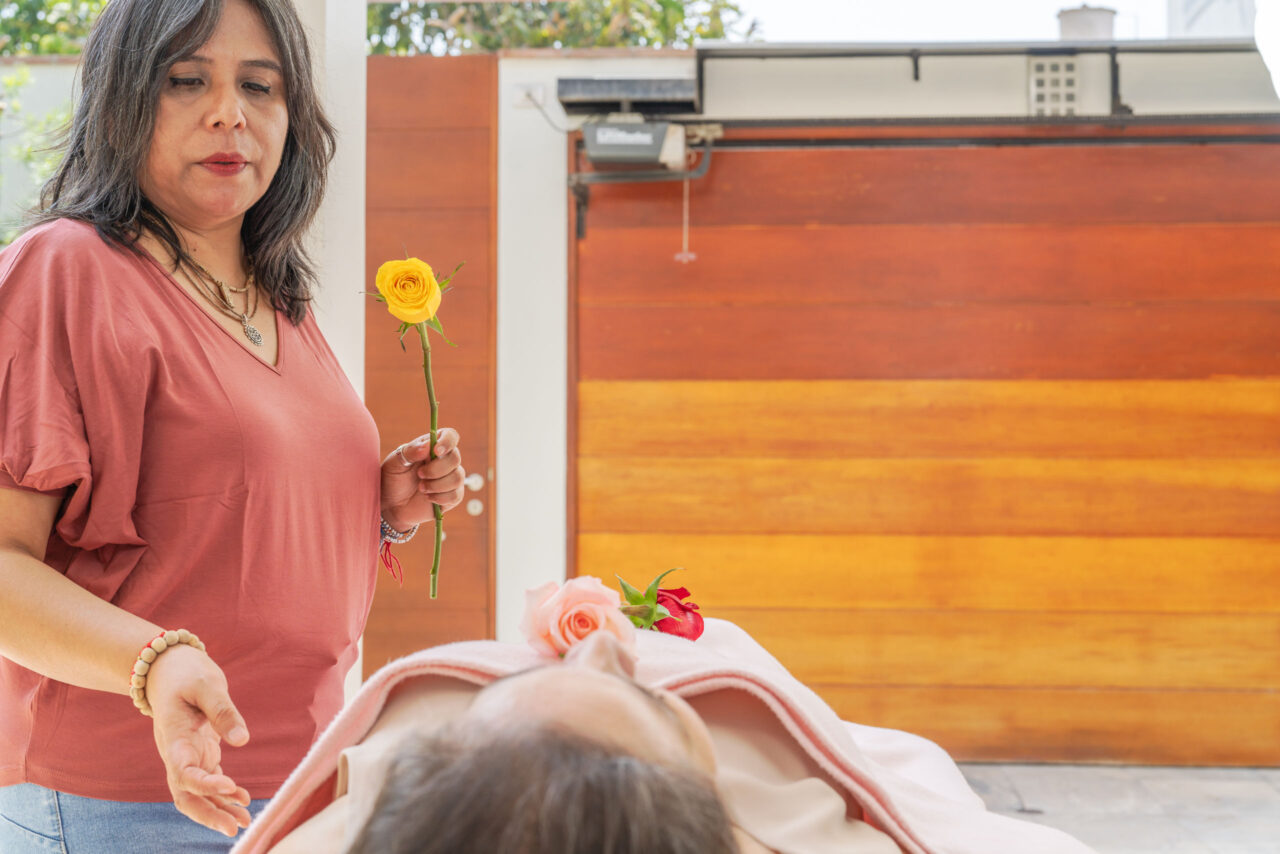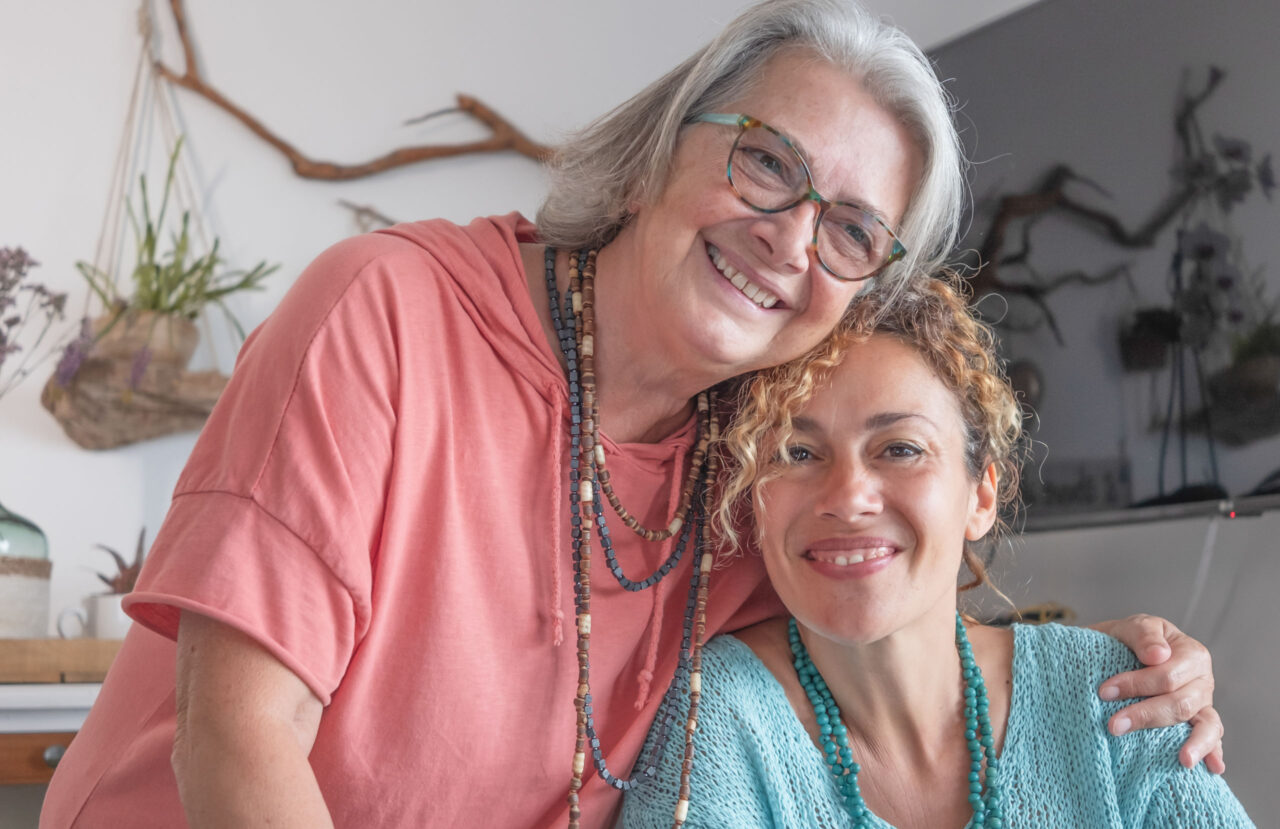The Ups and Downs of Being a Death Doula: A Personal Reflection
Many of you have asked me what it is like to be a death doula. Being a death doula can be a profoundly rewarding and fulfilling role. It involves offering emotional, spiritual, and physical support to individuals at the end of their lives, guiding them and their families through one of life’s most difficult transitions. However, like any vocation, it comes with both the good and the bad.
I have decided to break this theme into two categories. What lies below are the more practical or pragmatic considerations of being a death doula. In a future post, I’ll dive deeper into my personal spiritual beliefs and metaphysical lessons learned from this very rewarding work.
What is a Death Doula?
A death doula, often called an end-of-life doula, is a non-medical professional who provides holistic support to people who are dying and their loved ones. This role can vary widely depending on the needs of the individual and the family, but generally, it involves offering emotional, spiritual, and physical support. Death doulas might assist with advanced care planning, legacy work, comfort measures, creating a peaceful and personalized environment for death, attending vigils, and helping with after-death rituals. Most death doulas have a particular “niche.” I love working with the elderly and those with dementia, and I find a lot of peace in doing vigil (being at the bedside when someone is dying). I also really enjoy hosting community-based seminars or education sessions. I know death doulas that focus on pregnancy loss, some that focus on pets, and some that focus on the growing area of home funerals.
While the role isn’t regulated in Canada, it has become more popular in recent years as people look for ways to have a more meaningful, peaceful, and dignified end-of-life experience. For myself, I think it is increasingly important that we bring dying and death back into a community or home setting, as opposed to hospitals. I don’t want anyone to die alone if they don’t want to, and I hope that we all become less anxious about dying.
Helping People Have a More Peaceful Death

One of the most rewarding aspects of being a death doula is helping people navigate the final chapter of their lives with less anxiety and a great sense of peace and safety. Providing emotional and spiritual support can significantly reduce fear of the unknown for both the person who is dying and their family. The phrase I have heard the most since I became a death doula is something along the lines of, “I didn’t know I needed a death doula until I had one, and now I think everyone needs one!”.
Witnessing someone transition is a powerful and humbling experience. However, one surprising thing (at least to me!) is that not everyone wants to approach end-of-life in a spiritual or reflective way. Not everyone wants to right past wrongs, ask forgiveness, forgive, or contemplate the nature of life. I really thought that I would be supporting every client in the spiritual and emotional work of dying, but that has not been my experience. In fact, I’ve had many clients in complete denial right up until the very end. I can honestly say I wasn’t expecting that – especially from anyone who hires a death doula in the first place!
A Job Rooted in Kindness and Compassion
As a death doula, the core of my work revolves around being present with others and offering kindness, love, and compassion. I couldn’t be happier! My entire life I have thought to myself, “Why can’t I just get paid for being kind and loving people?” As my career as a Senior Policy Advisor and Senior Project Manager in provincial health systems approached twenty years, I longed for a job that took me out of the office and into the community. I got my wish!
Many death doulas find great fulfillment in this aspect of the role because it involves simply being a source of comfort for people. Whether it’s holding someone’s hand, listening to their fears, or helping them create rituals, these acts of kindness have immeasurable positive effects for both of us.
My clients are my teachers

I have learned so much from all my beautiful clients in all their stages of living and dying. I find particularly that people with dementia still have a lot of wisdom to share. My clients have taught me more about being in the present moment than any other experience in my life. They have shown me the range of human emotions, the grace of forgiveness, the power of community and the meaning of love. I will tell you this: It all comes down to love. And everyone looks the same in their final hours. It doesn’t matter if someone has been a saint or a criminal; dying makes us equal, and the vulnerability of dying makes us loveable.
The Downsides of Being a Death Doula
Are there any downsides to being a death doula? I tend not to think so, but there are some things I have had to adjust to, and I will share those now!
Emotional and Spiritual Burnout
Being constantly immersed in death and grief can be emotionally draining, even for the most resilient individuals. When I am providing emotional support to many families at one time, I don’t always have an outlet for processing my own grief. This can lead to burnout, compassion fatigue, and a sense of emotional exhaustion. I am learning to recognize the signs that I need to take a day off to process grief or overwhelm.
Grieving Alone

It is quite devastating when a client passes away unexpectedly, and the family doesn’t let me know or doesn’t invite me to a celebration of life or a funeral. This recently happened to me with an elderly gentleman I had been seeing for several months. I was calling to set up the next meeting – just before Christmas – and discovered that his phone had been disconnected. I had spoken to him not a week before. I reached out to the family, and they confirmed that he had passed away.
If I could offer some advice, it would be to include caregivers in the mourning period and take time to thank them for the comfort they provided in the days, weeks, months, or even years prior. Often, the carers for your loved one become deeply invested in their clients and mourn for them long after you think your loved one has been forgotten. I include myself in that category.
Navigating Family Dynamics and Conflict
Sometimes, I find myself in the middle of family drama or complex interpersonal issues. Death often brings out intense emotions, and families can become fragmented or contentious during this time. As a doula, I sometimes have to mediate between family members or deal with unresolved tensions, which can be stressful. I don’t shy away from offering this support, but it can definitely take a toll on me!
Witnessing situations where families are not in agreement about the care being provided or the choices being made for the dying person can be challenging. It can be difficult to see people suffer due to a lack of consensus or clarity.
Dealing with Healthcare Systems That Don’t Align With My Values

I’m not going to lie – I am often frustrated with our healthcare systems – particularly when it comes to care models that don’t align with the holistic, person-centred approach that I advocate for. It can be disheartening to witness missed opportunities for creating a peaceful death. I have to remember that I am a non-medical professional, and while I can explain medical interventions and their effects and even recommend non-medical, non-invasive treatments such as palliative massage, aromatherapy, reiki and others, I can’t object to nor influence any decisions. For someone with extensive practice at putting both feet in my mouth (often at the same time), this is not easy for me!
Conclusion
I absolutely love my work. That – together with some limited companion care that I do – is the most fulfilling way I can think of to spend my days. I am still learning. In every client experience I have had, I have reflected and noted that I could have said something more eloquently, suggested something helpful, been silent when instead I spoke or given a hug when a hug was needed. I hope to continue to develop and improve my practice every day with the help of my wonderful clients and their families.
Download My Free End-of-Life Glossary
This comprehensive guide will help you navigate the often unfamiliar terminology associated with end-of-life discussions. You’ll also receive valuable insights about once a month. No spam ever; unsubscribe anytime. Download your free glossary today.
